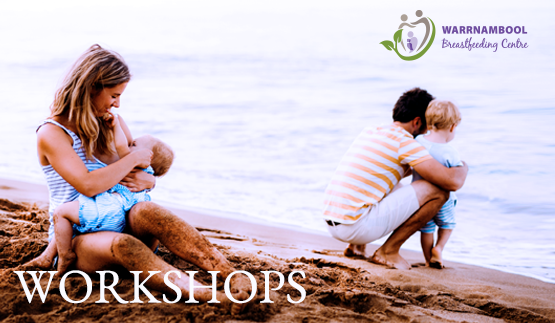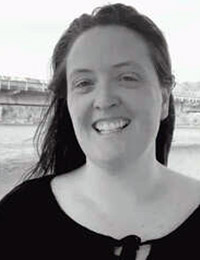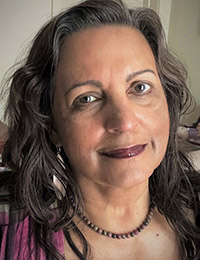
Nisha Gill - Trauma-Sensitive Perinatal Care – 3.5 hr workshop (3.5 L cerps)
‘Trauma-informed practice’ has become a catchphrase if not clichéd concept in recent times. Much of it is geared towards changing systems and policies in workplaces. However, these systems are the sum total of individuals with their own histories and levels of autonomic nervous system regulation and dysregulation. When perinatal professionals take ownership of what they bring to relating with those in their care and truly appreciate that all parts make up the whole, then the power to make a positive difference becomes very real. This workshop is an opportunity to delve deeper into understanding the neuro-physiological basis of trauma, explore how your personal history and knowledge base have influenced your practice, and appreciate how you as a perinatal professional have significant power to minimize the potential for trauma among those in your care. The workshop will entail a combination of cognitive learning, reflective processes and embodiment practices. Participants will ideally have attended during the conference presentation A Neuro-physiological approach to trauma minimization in the perinatal continuumas a springboard to this workshop.
At the end of this presentation participants will be able to:
- Understand the neuro-physiological basis for trauma including the concepts of neuroception (detection of safety versus threat), window of tolerance/ resilience range, co-regulation on a primordial level, and the defensive survival states of Fight, Flight, Freeze & Appease.
- Identify five main factors which promote a sense of safety and regulation in the pregnant, birthing or postpartum person & their family.
- List three ways in which the potential for trauma can be reduced specifically during each phase of the perinatal journey: pregnancy, birth and the postpartum.
- List ten signs of operating in protective survival physiology
- Embody and describe five nervous system regulation tools
- Identify five ways in which their practice can be enhanced towards greater trauma sensitivity.

Catherine Bell
In becoming a mother, Catherine was frustrated with the 'need to know' nature of maternity, so trained as a birth doula and breastfeeding counsellor and educator to fill the knowledge gap and support other women. Combined with her Master's in Science Communication, this led to the development of Birth Cartography and the invention of The Game of Birth. Her book The Birth Map was evaluated in her PhD study into communication and decision-making in maternity services.

Nisha Gill
Nisha Gill is a Somatic Experiencing (trauma resolution) practitioner, applying a neuro-physiological or bodymind lens to working with trauma using Somatic Experiencing, Somatic Practice, Neuro Affective Touch and counselling. Her special focus is on the resolution of developmental, birth, sexual, pre- & peri-natal and medical traumas. Nisha’s practice is informed by her experiences as birth educator, birth doula, integrative bodyworker, and female embodiment teacher. She formerly worked as a speech pathologist in hospital and rehabilitation settings.